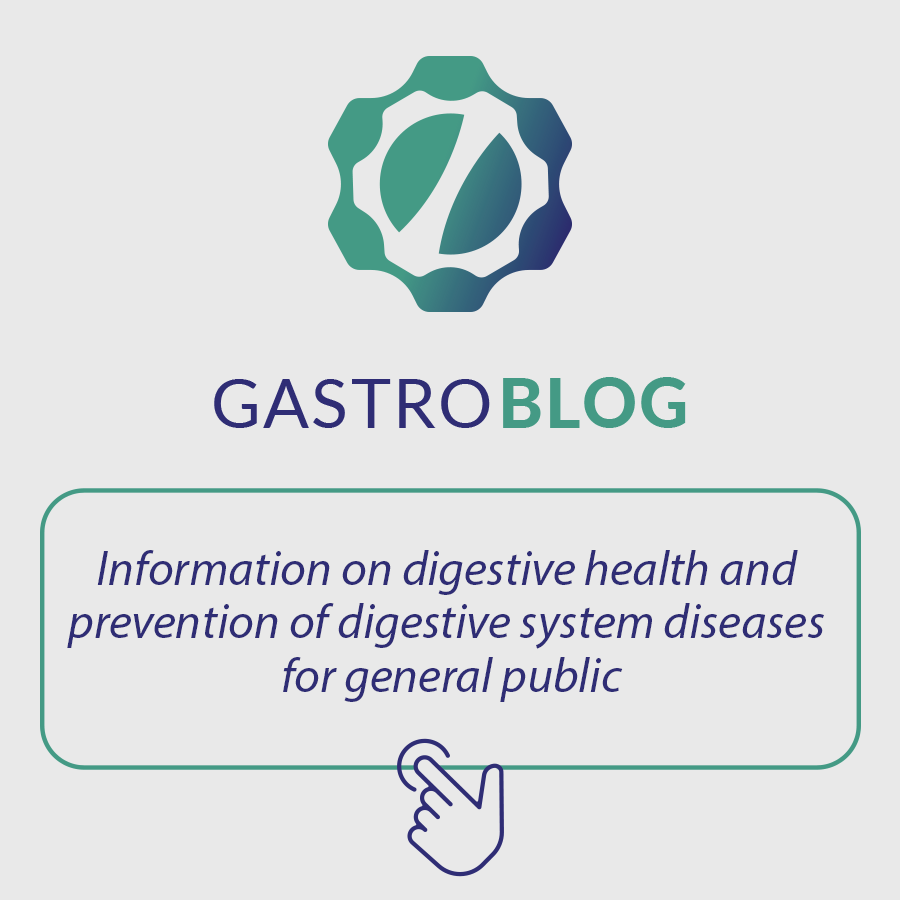Risk factors commonly associated with the development of gastric cancer (GC) include chronic infection with Helicobacter pylori (H. pylori), low intake of fruits and vegetables, high salt consumption, smoking, and alcohol consumption.
Another known but rarely mentioned risk factor is the presence of Primary Immunodeficiencies (PID), which not only increase the risk of developing GC but also cause its manifestation at earlier ages than in the general population.
PIDs are a set of diseases that encompass more than 300 innate immunity defects, most of which are of unknown cause. PID carriers have an increased risk of recurrent and chronic infections, autoimmune diseases, and neoplasms throughout life.
Following infections, the occurrence of neoplasms is the second most common cause of death in this population. It is estimated that 4 to 25% of PID carriers will develop some neoplasm. Specifically, the risk of developing GC is around 3 to 4 times higher in this population.
Regarding patients with PID, the presence of gastrointestinal disorders is quite frequent, occurring in 5% to 50% of cases. This occurs, in part, because the intestine is the largest lymphoid organ in the human body, containing most of the lymphocytes and producing large amounts of Immunoglobulins. Gastrointestinal manifestations can be related to infection, inflammation, autoimmune diseases, and neoplasms.
Common Variable Immunodeficiency (CVID)
Common Variable Immunodeficiency (CVID) is the most common form of PID, and its prevalence is estimated at 1 in every 25,000 to 50,000 people.
Its pathogenesis has not yet been fully clarified, however mutations of various genes related to the development of B cells into immunoglobulin-producing plasma cells and memory B cells have been described.
Affected individuals commonly present with recurrent bacterial infections of the upper and lower respiratory tract, autoimmune diseases, granulomatous infiltrative disease, and neoplasms. The most common tumors are lymphoma, gastric cancer, and breast cancer.
The diagnosis is based on a significant reduction in serum levels of IgG, IgA and/or IgM, in addition to reduced antibody production after the application of vaccines. Most patients are diagnosed between the ages of 20 and 40, and treatment consists of monthly administration of immunoglobulin.
CVID and Gastric Cancer
The increased risk of GC in patients with CVID varies according to the incidence rate of GC in patients without CVID in the country evaluated. In this sense, a Scandinavian study estimated a 10-fold increased risk, while an Australian study showed a 7.23-fold increased risk.
Although there is no conclusive evidence, the most accepted mechanism for the increased risk of GC in the presence of CVID is due to the reduction in the production of gastric IgA and hydrochloric acid – factors that promote chronic gastritis and facilitate colonization by H. pylori, triggering the carcinogenesis process. This mechanism is supported by the finding that patients with pernicious anemia, who also have achlorhydria and chronic gastritis, have a three times higher risk of developing GC. The decrease in local immune response is also a factor that may play a role in neoplastic development, due to the lower presence of B cells in the gastric mucosa of patients with CVID.
The age of cancer diagnosis in patients with CVID usually occurs at an earlier age, on average 15 years earlier than in the general population.
In relation to the histological diagnosis of the tumor, the Intestinal type of Lauren is usually the most frequent, presenting moderate or poorly differentiated degree. In addition, atrophic pangastritis with little presence of plasma cells, nodular lymphoid aggregates, and apoptotic activity are usually present due to the associated autoimmune gastritis.
Given the evidence of a higher risk of developing GC, it is important that patients with CVID are included in screening programs. Dutch data showed that there is a high incidence of pre-malignant histological and/or endoscopic lesions in patients with CVID, such as atrophic gastritis, intestinal metaplasia, and dysplasia, even in those who are asymptomatic. Up to 88% of CVID patients with no previous gastrointestinal history may present pre-malignant lesions on endoscopy. The rates of progression of these lesions to GC vary from 0–1.8% per year in atrophic gastritis; from 0–10% per year for intestinal metaplasia; and from 0–73% per year when there is already presence of dysplasia.
Intervals between follow-up exams normally employed may not be appropriate for patients with CVID, as the development of GC may occur more quickly. Indeed, there is no standardized screening protocol, and its use should take into account the regional incidence of GC. Patients with CVID can develop high-grade cancer 12 to 14 months after an endoscopy without signs of dysplasia. This justifies the proposal to at least perform EGD in all patients with CVID at the time of diagnosis; repeat it every 24 months in patients with normal histology; every 12 months in patients with atrophic gastritis or intestinal metaplasia; and every 6 months in patients with dysplasia. Routine eradication of H. pylori is also recommended.
Treatment
There are no specific protocols for the treatment of cancer in patients with CVID. Once the diagnosis of GC is made, these patients should undergo standard treatment – the same offered to the immunocompetent population.
Preoperative nutritional support and administration of Immunoglobulin are recommended measures. Patients with CVID can receive the same chemotherapy protocols used in immunocompetent patients. However, short-duration protocols are preferable to long-duration regimes, with special attention to infection control. When possible, the chemotherapy regimen should be adapted according to individual risk factors and tolerance.
Reference
Krein P, Yogolare GG, Pereira MA, Grecco O, Barros MAMT, Dias AR, Marinho AKBB, Zilberstein B, Kokron CM, Ribeiro-Júnior U, Kalil J, Nahas SC, Ramos MFKP. Common variable immunodeficiency: an important but little-known risk factor for gastric cancer. Rev Col Bras Cir. 2021 Dec 15;48:e20213133. English, Portuguese. doi: 10.1590/0100-6991e-20213133. PMID: 34932733.
How to cite this article
Ramos MFKP. Common Variable Immunodeficiency and Gastric Cancer. Gastropedia 2023 vol. 1. Available at: https://gastropedia.com.br/gastroenterology/strongcommon-variable-immunodeficiency-and-gastric-cancer/
Cirurgião do Aparelho Digestivo
Professor Livre-Docente da Faculdade de Medicina da USP




